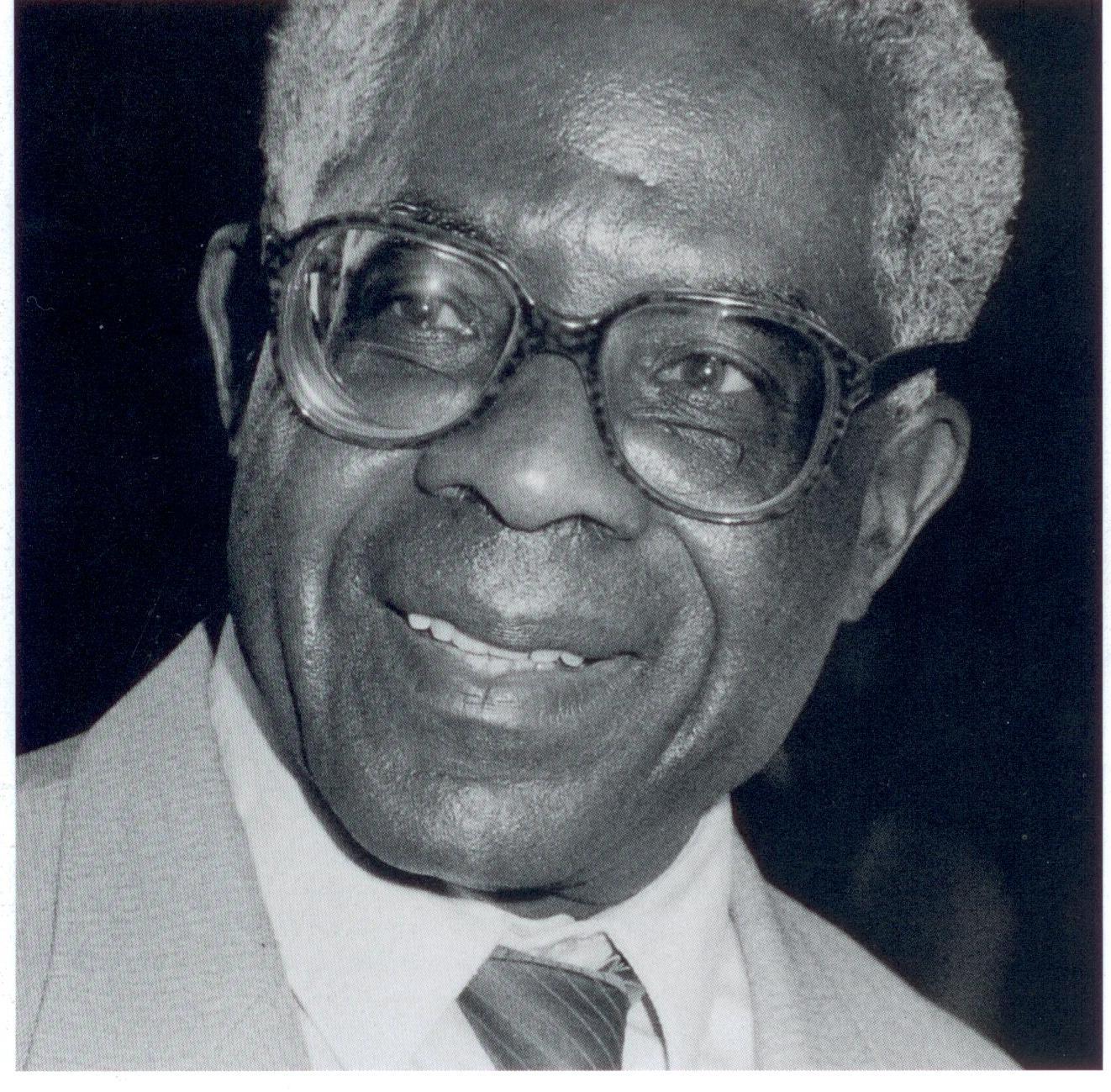Aimé Césaire, the poet and philosopher, once told interviewer Annick Thebia Melson (Unesco Courier, 2010) during one of those illuminating discourses of his on history: “History is always dangerous, the world of history is a risky world; but it is up to us at any given moment to establish and readjust the hierarchy of dangers”. It is indeed in the very course to disrupt and “readjust” this hierarchy in this age of the “cursed” Berlin-state in Africa in favour of African peoples and Africa that the constituent Africa nation or people –Igbo, Darfuri, Gikuyu, Wolof, Ibibio, Bakongo, Akan, Bamileke, etc., etc – so long maligned, so long impoverished, so long brutalised, so long humiliated and dehistoricised with often unprintable epithets (t****, n****, n*****, n******, p********, b******, w**, sub-*******, sub-*****, e*****, c***, c******, m*****, d******, h*******, f******-b******, b****, m***, b********, c*******, b*********…), so long massacred, is recognised, at last, as the principal actor and agency of its being and geography.(Aimé Césaire)
This nation, this people, can and should create its own state if it so desires. It is its inalienable right. Freedom. It does not therefore have to explain to anyone else why it has embarked on this track of freedom. It can now decide what precepts, what aspirations, what trajectory, what goals it has set its new state to embark upon… As Césaire deftly puts it in the interview referred to, the challenges of the times become the “quest to reconquer something, our name (sic), our country … ourselves”.
Twitter @HerbertEkweEkwe(John Coltrane Quartet plays Mongo Santamaría’s composition, “Afro Blue” [personnel: Coltrane, soprano saxophone; McCoy Tyner, piano; Jimmy Garrison, bass; Elvin Jones, drums; recorded: live, Half Note, New York, US, 26 March 1965])


No comments:
Post a Comment